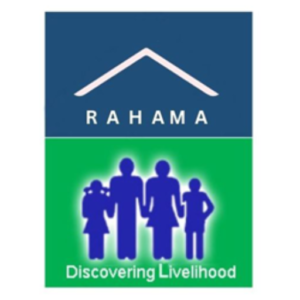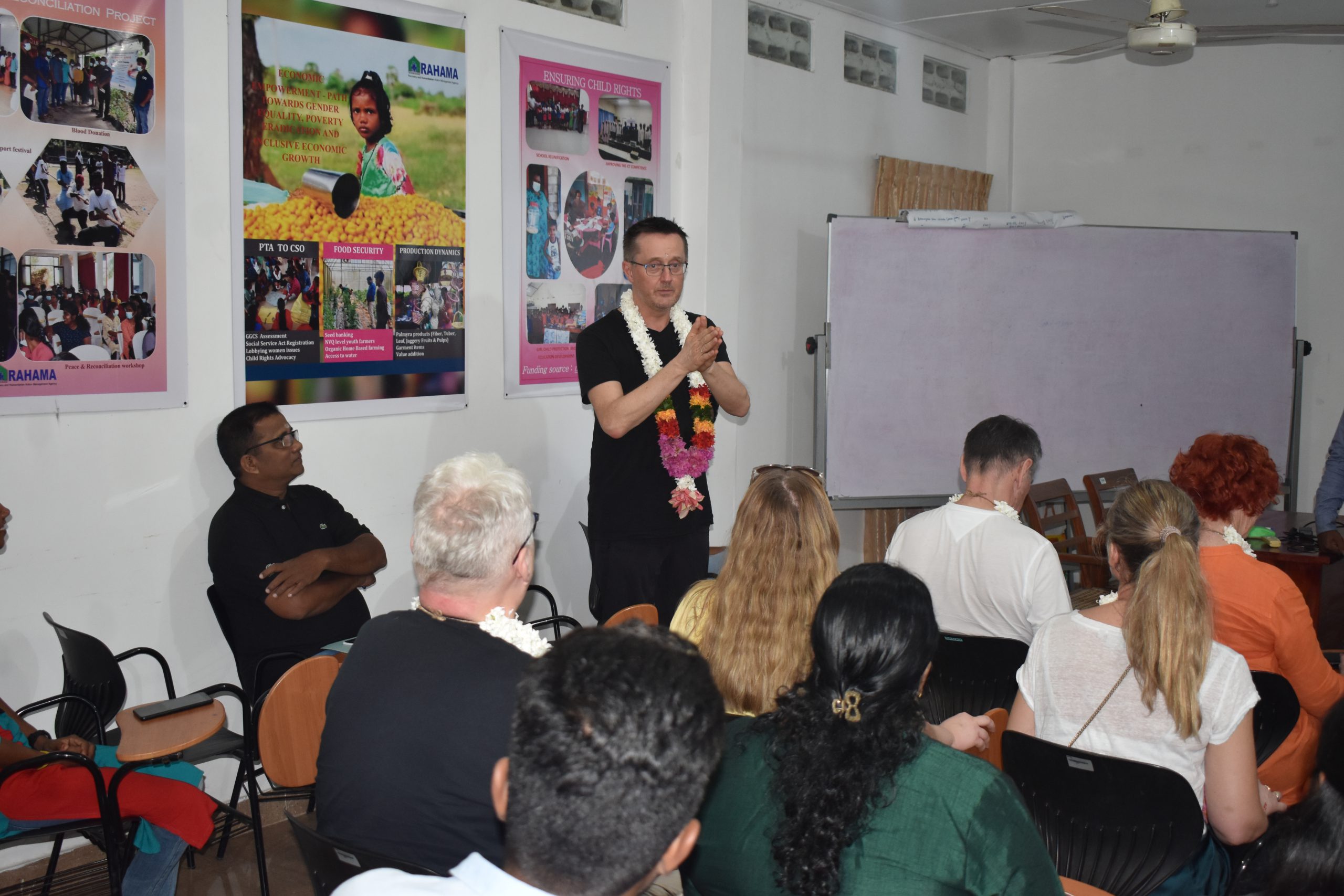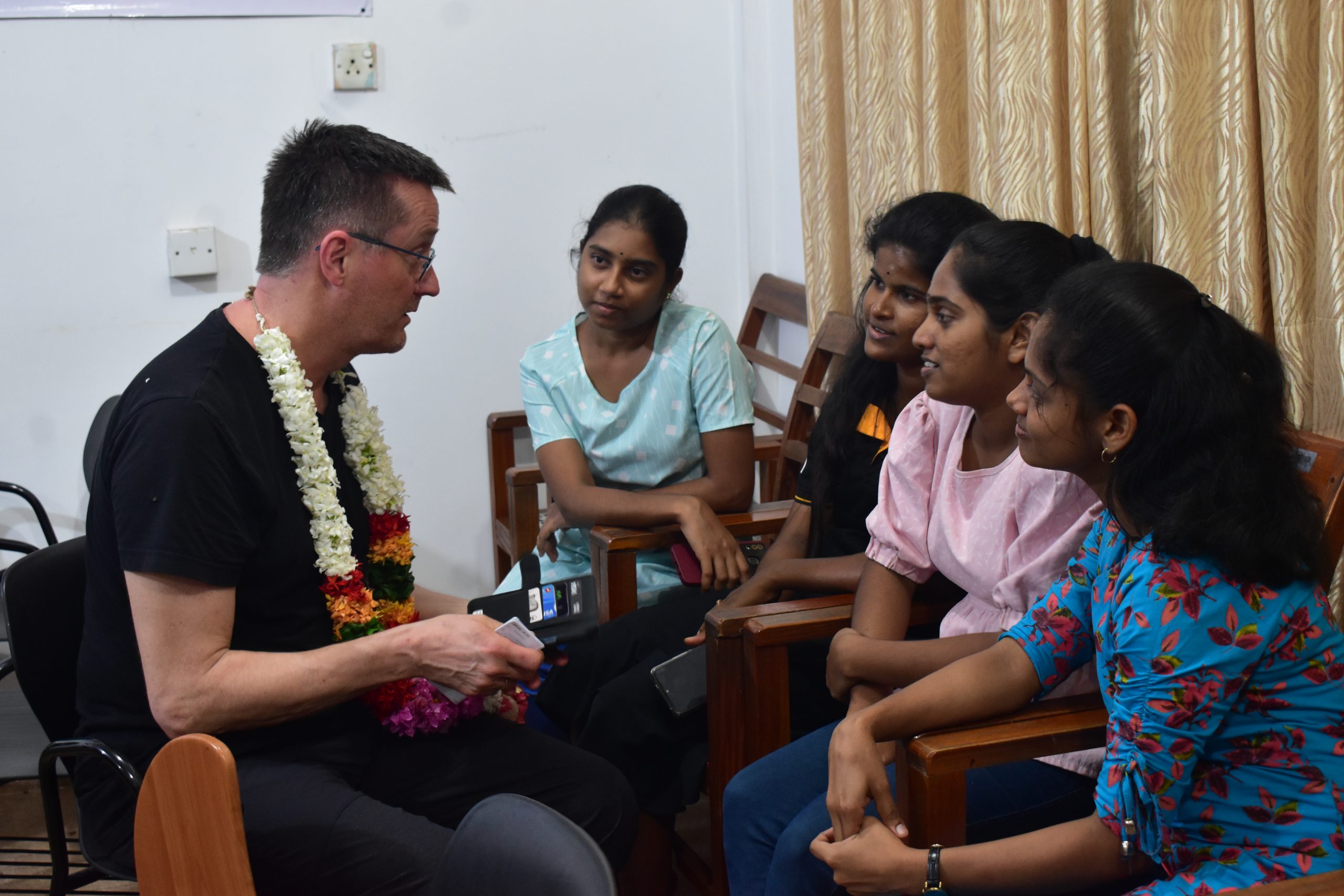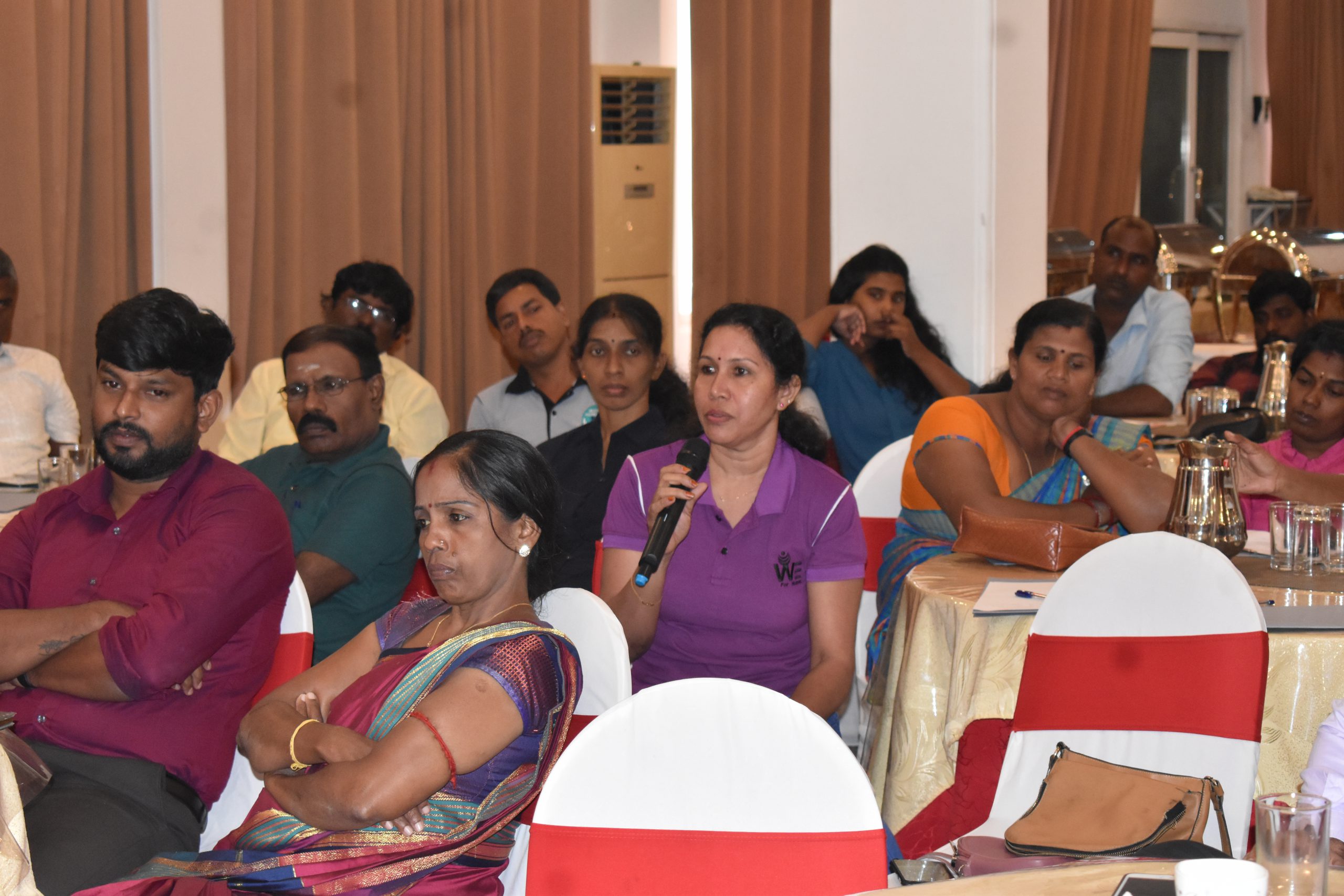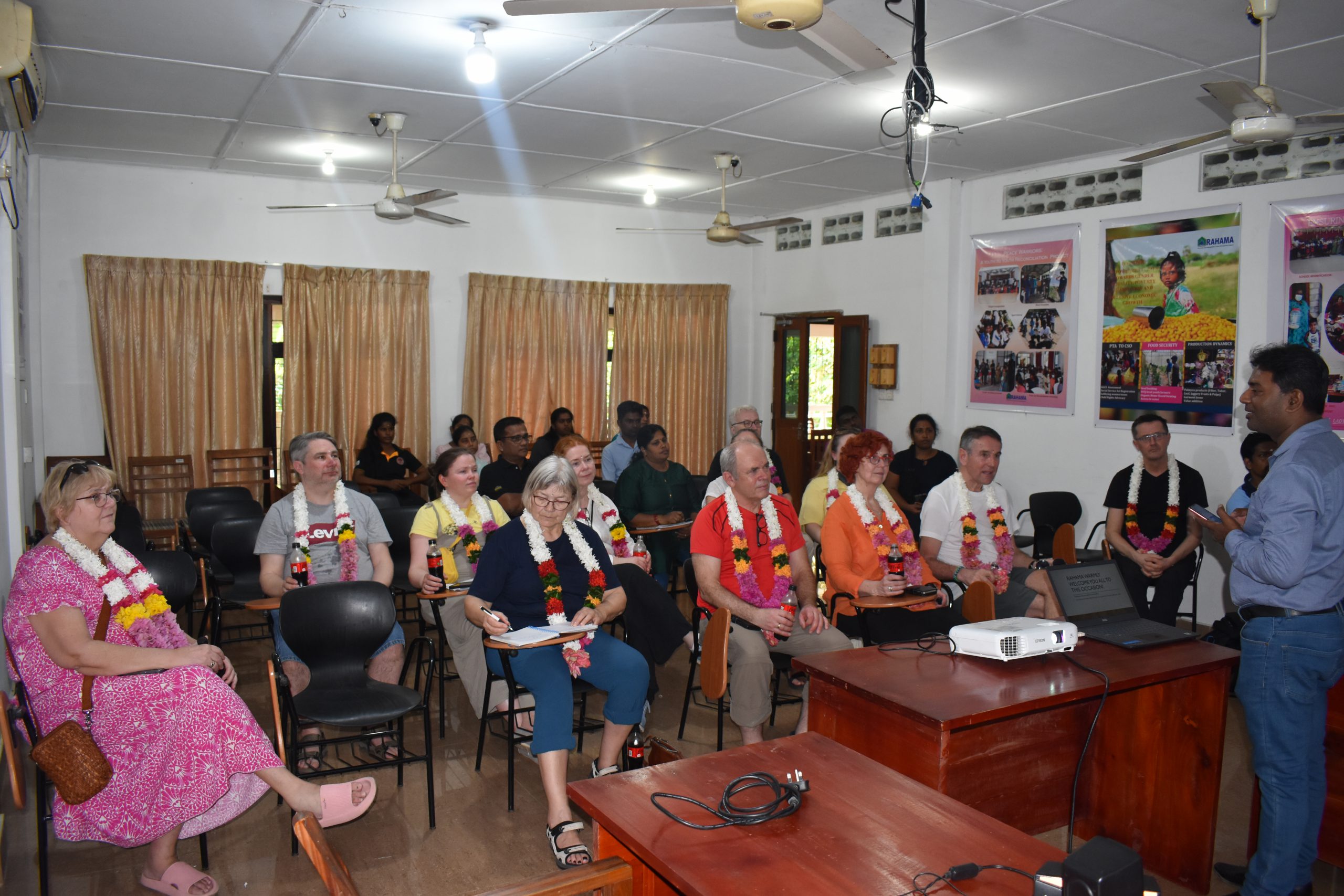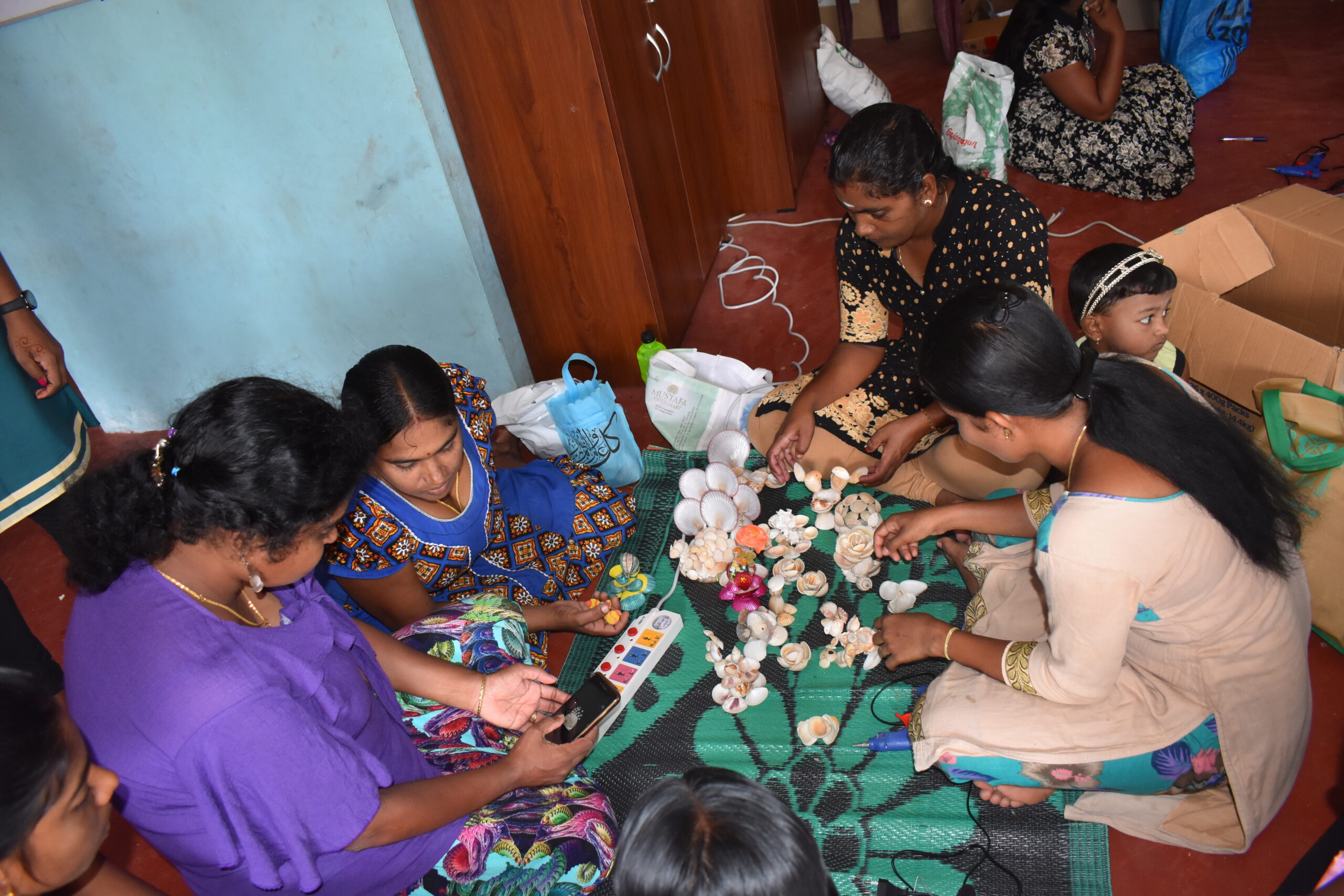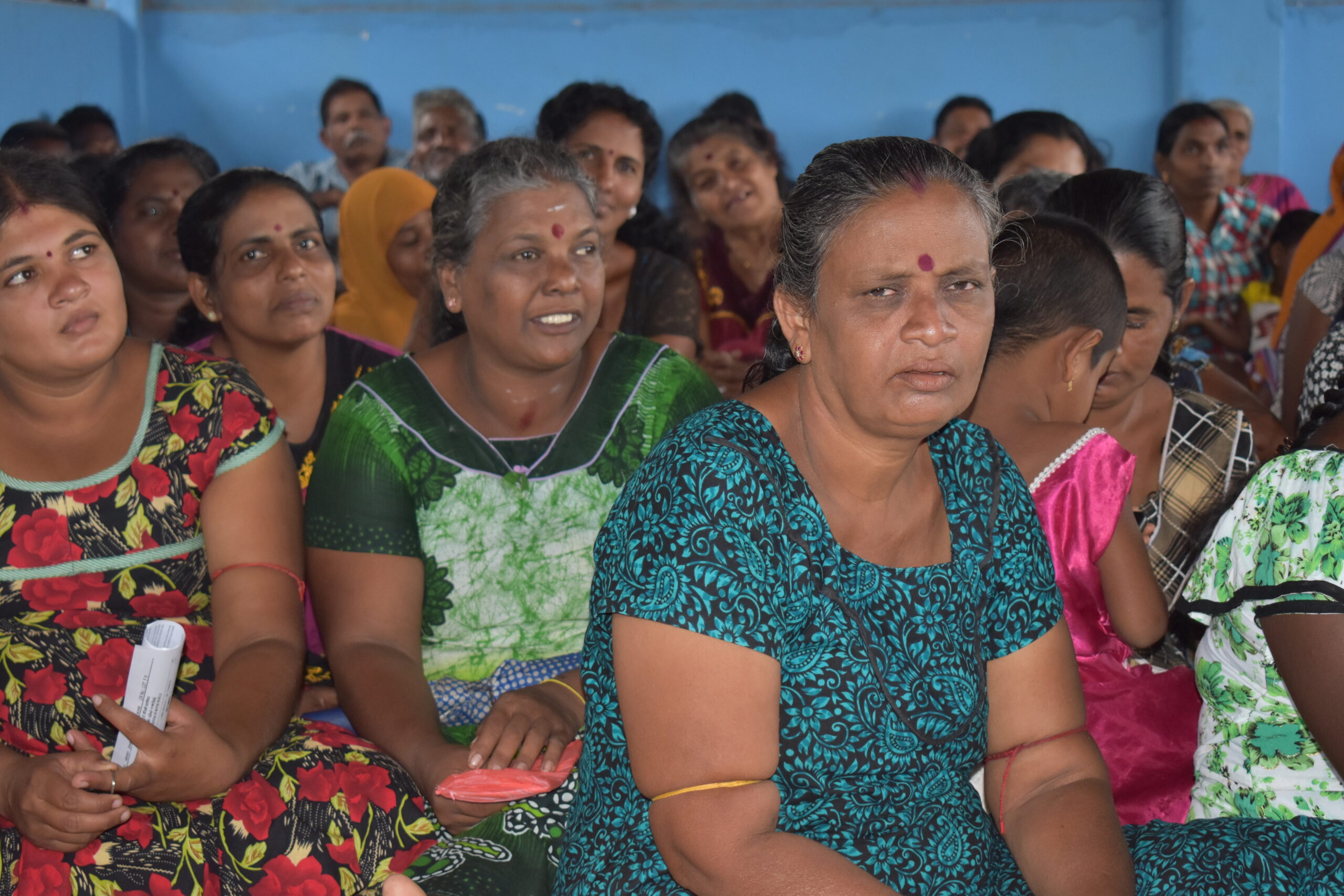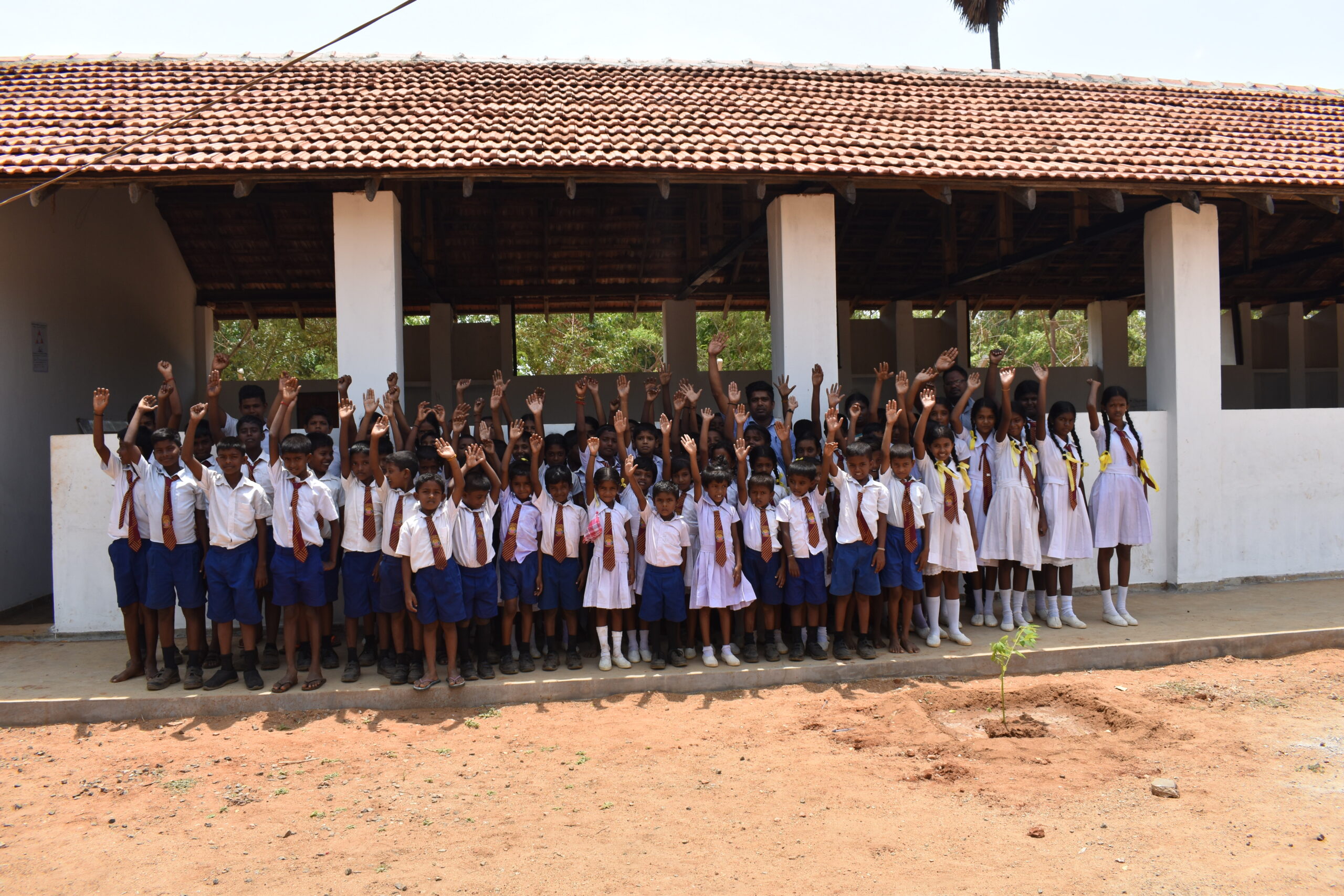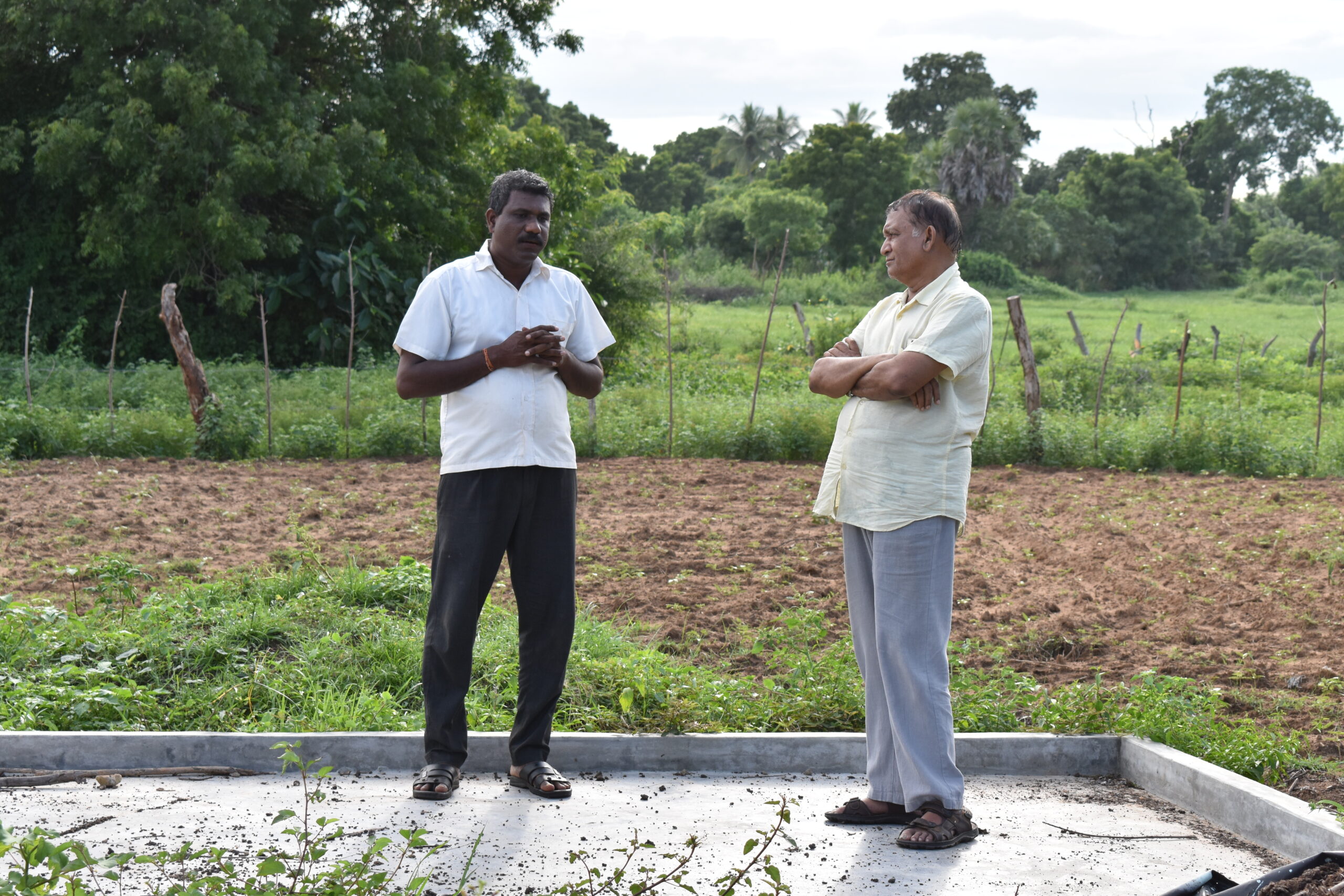Vision
A nation in peaceful coexistence with social justice, with poverty overcome, where all citizens are free to achieve their fullest potential and participate in civic life with dignity and security in a drug and alcohol-free society..
Mission
The mission of The RAHAMA is to improve respect for the rights of the population by improving livelihood assets of all deprived households through rights-based models by creating durable change through skills education, and advocacy..
Our Values
Our history
The Recovery and Humanitarian Action Management Agency (RAHAMA) was registered as an NGO in 2012 and took on a part of the work that FORUT implemented in Sri Lanka till 2010. RAHAMA initially concentrated its efforts in the Northern Province and recovery and development were integrated with resettlement. At the beginning, RAHAMA was funded by the Norwegian Embassy in Colombo and focused on shelter, water, sanitation, livelihoods and securing land rights for about 3,000 affected internally displaced persons. Over the years, Norad, Stavengar, VOGT and Halo too began to fund RAHAMA’s work. In order to make resettlement more effective, RAHAMA introduced micro credit to support livelihoods and other needs especially of women and the deprived communities. It also adopted the rights-based approach to enable people to access government services and secure their entitlements (access to natural resources, assistance and subsidies). In order to ensure sustainability of livelihoods, caring for the environment was promoted and for sustainability of the project (change), developing local leadership and capacity, particularly of the local Women Rural Development Societies, the Farmer Organizations and other civil society organizations (Boundary Partners), came to be prioritized. Thus, RAHAMA’s perspectives on supporting the war affected communities to recover and develop evolved over the first seven years of its operations and during the past 4 years transited from relief and rehabilitation to sustainable development, and progress was satisfactory.
The prevailing unprecedented economic disaster and social and political turmoil in Sri Lanka is having and will have devastating impacts on our communities. Almost all our constituencies have fallen deeply into poverty again due to the current economic crisis. This poses a grave challenge to the communities and to RAHAMA as this crisis is forecast to continue at least for the next 3-5 years.
